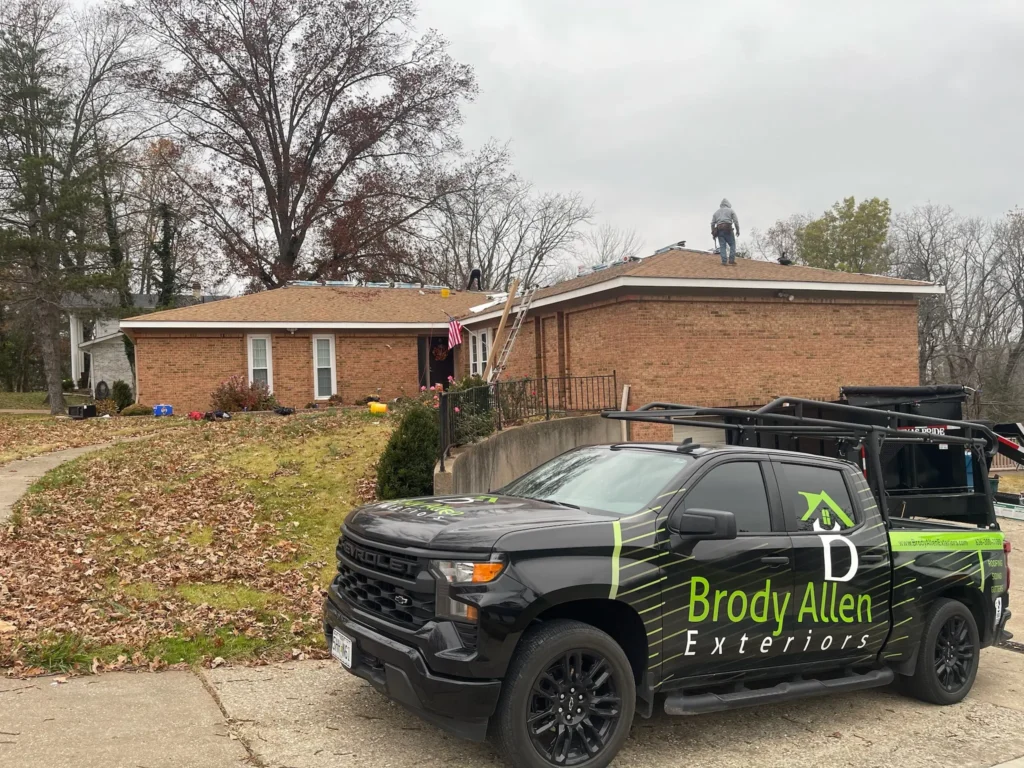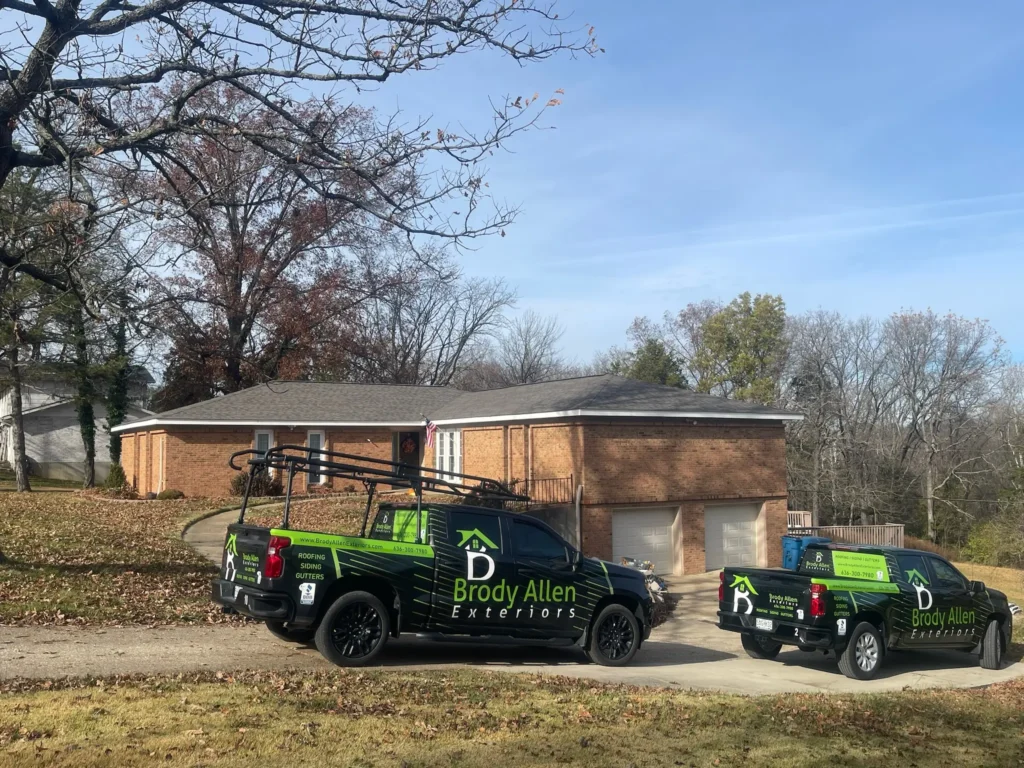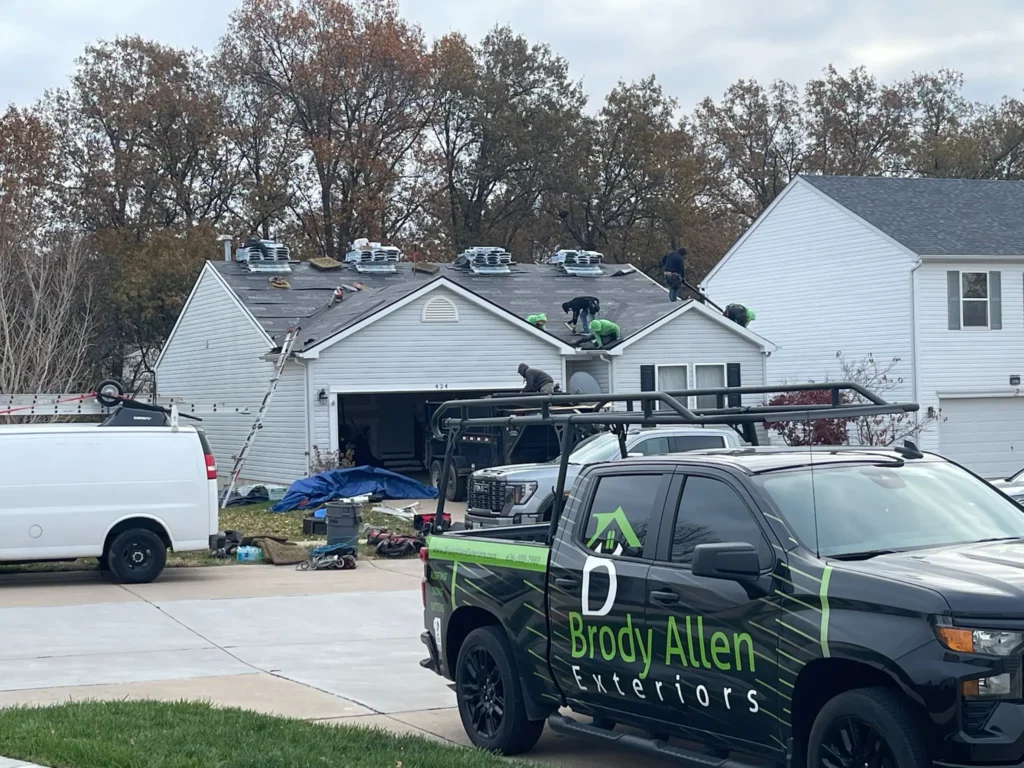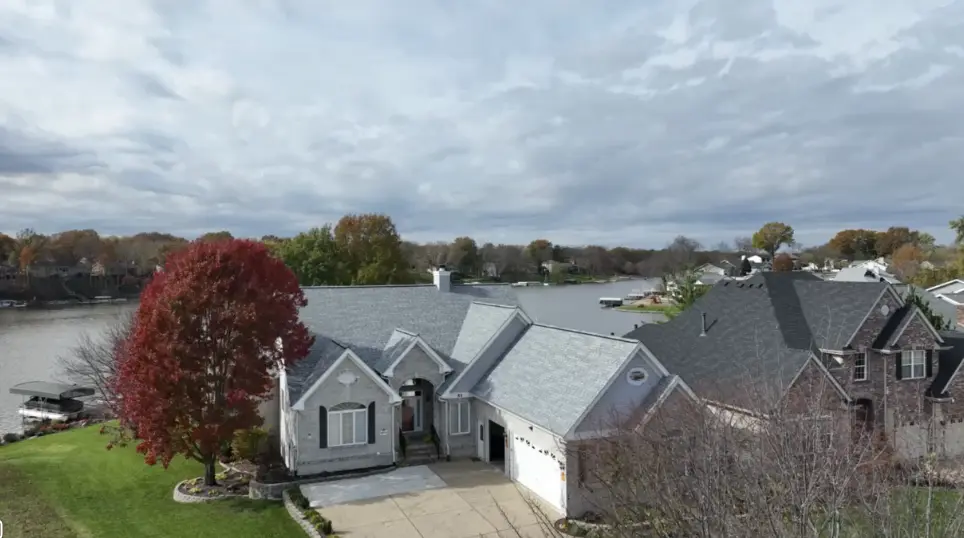When your roof starts showing signs of wear, it’s natural to wonder: should you patch things up or invest in a full replacement? This decision hinges on several factors, including the extent of damage, the age of your roof, and your budget. Both options come with their own sets of advantages and drawbacks. To help you decide, let’s dive deeper into the pros and cons of roof repair versus replacement, offering insights to make the best decision for your home.
Roof Repairs: Quick Fixes with Considerations
Roof repairs are often the go-to solution for homeowners facing minor issues like missing shingles, small leaks, or localized damage. They’re especially popular for newer roofs or situations where the damage is limited to one area. However, repairs aren’t always the right solution for long-term durability. Let’s break down the benefits and drawbacks.
Pros of Roof Repairs
- Cost-Effective
Repairing specific issues is generally less expensive than replacing the entire roof. If you’re working with a limited budget, addressing individual problems can save significant money upfront. - Time-Saving
Roof repairs can often be completed in a matter of hours or days, depending on the scope of the damage. This quick turnaround minimizes disruption to your routine and avoids the lengthy process of a full replacement. - Extends Roof Life
Promptly addressing minor issues can prevent them from escalating into major problems, ultimately prolonging the lifespan of your roof. Regular maintenance and repairs help you get the most out of your existing roof.

Cons of Roof Repairs
- Potential for Recurring Issues
Repairs may only address the visible problems, leaving underlying issues unresolved. This can lead to recurring damage, especially if the roof’s overall condition is deteriorating. - Aesthetic Mismatch
It can be challenging to match new roofing materials with the existing ones, especially if your roof has weathered over time. This can create a patchy appearance, impacting your home’s curb appeal. - Limited Warranty
Repair work typically comes with shorter warranties compared to full replacements. This means you may find yourself footing the bill for additional fixes down the road if problems persist.
Roof Replacement: A Fresh Start with Investment
For roofs that are nearing the end of their lifespan or have extensive damage, replacement is often the best option. While it requires a higher upfront cost, replacing your roof can offer a clean slate and long-term peace of mind. Let’s examine the pros and cons of opting for a full roof replacement.

Pros of Roof Replacement
- Comprehensive Solution
A full roof replacement ensures all existing issues are addressed, including problems that may not be visible during a routine inspection. This provides peace of mind and confidence in your home’s protection. - Enhanced Durability
New roofing materials are designed to be more durable and energy-efficient than older ones. A replacement can improve your roof’s ability to withstand harsh weather conditions, reducing the likelihood of future issues. - Increased Property Value
A new roof can significantly enhance your home’s market value and curb appeal. If you’re planning to sell your home in the near future, a new roof can be a major selling point for potential buyers.
Cons of Roof Replacement
- Higher Initial Cost
Replacing a roof is a significant investment. While the cost varies depending on materials, roof size, and labor, the upfront expense can be a challenge for some homeowners. - Longer Project Duration
Unlike repairs, which can often be completed in a day, roof replacements take longer. From removing old materials to installing new ones, the process can last several days or even weeks, depending on the complexity of the job. - More Disruption
A complete replacement can be more intrusive than repairs. The noise, debris, and presence of contractors on your property may disrupt your daily routine, especially if you’re working from home or have small children.
Key Factors to Consider in the Roof Repair vs. Replacement Decision
Deciding between roof repair and replacement involves weighing several factors that are specific to your situation. Here’s what you should consider:

- Extent of Damage
- If the damage is confined to a small area and your roof is otherwise in good condition, repairs are likely sufficient.
- If the damage is widespread or affects critical structural components, replacement may be the better option.
- Age of Your Roof
- Asphalt shingles, the most common roofing material, typically last 20–30 years. If your roof is nearing the end of its lifespan, replacement is a wiser investment.
- For newer roofs with isolated issues, repairs can help you extend the roof’s life.
- Budget
- Repairs are more budget-friendly in the short term, but repeated fixes can add up over time.
- A replacement may require a larger upfront investment but often saves money in the long run by reducing the need for future repairs.
- Energy Efficiency
- New roofing materials are often more energy-efficient, helping you save on heating and cooling costs. If energy efficiency is a priority, replacing your roof might be worth considering.
- Curb Appeal
- If maintaining the appearance of your home is important, replacing your roof ensures a uniform, clean look that blends seamlessly.
- Repairs may result in mismatched sections, which could detract from your home’s overall aesthetic.
Common Signs It’s Time to Replace Your Roof
While repairs can address minor issues, certain warning signs may indicate that a replacement is necessary:

- Frequent Repairs: If you’ve had multiple repairs in a short time, it may be more cost-effective to replace the roof.
- Sagging Roofline: A sagging roof is a sign of structural issues that require immediate attention.
- Granule Loss: Shingles shedding granules or appearing bald can indicate the end of their lifespan.
- Water Damage: Persistent leaks or visible water stains on ceilings and walls may point to significant damage.
- Moss and Algae Growth: Excessive moss and algae can cause shingles to deteriorate, potentially leading to structural issues.
Need Assistance with Your Claim?
Brody Allen Exteriors can help guide you through the process and ensure your roof is repaired to the highest standards. Many of your neighbors have successfully navigated their insurance claims with our expert assistance.
When to Call a Professional
Whether you’re considering repairs or a replacement, consulting a roofing professional is crucial. They can assess your roof’s condition, provide a detailed estimate, and recommend the best course of action based on your needs and budget. Regular roof inspections can also help you catch problems early, saving you time and money in the long run.
Final Thoughts
The decision between roof repair and replacement depends on the specific circumstances of your roof’s condition, age, and your budget. Repairs can be a cost-effective solution for minor issues, but replacements offer a comprehensive solution that provides long-term benefits.
By understanding the pros and cons of each option, you can make an informed choice that protects your home, enhances its value, and ensures peace of mind for years to come. If you’re unsure, reach out to a trusted roofing contractor to guide you through the decision-making process. Your roof is a critical part of your home, and investing in its care is always a smart move.




